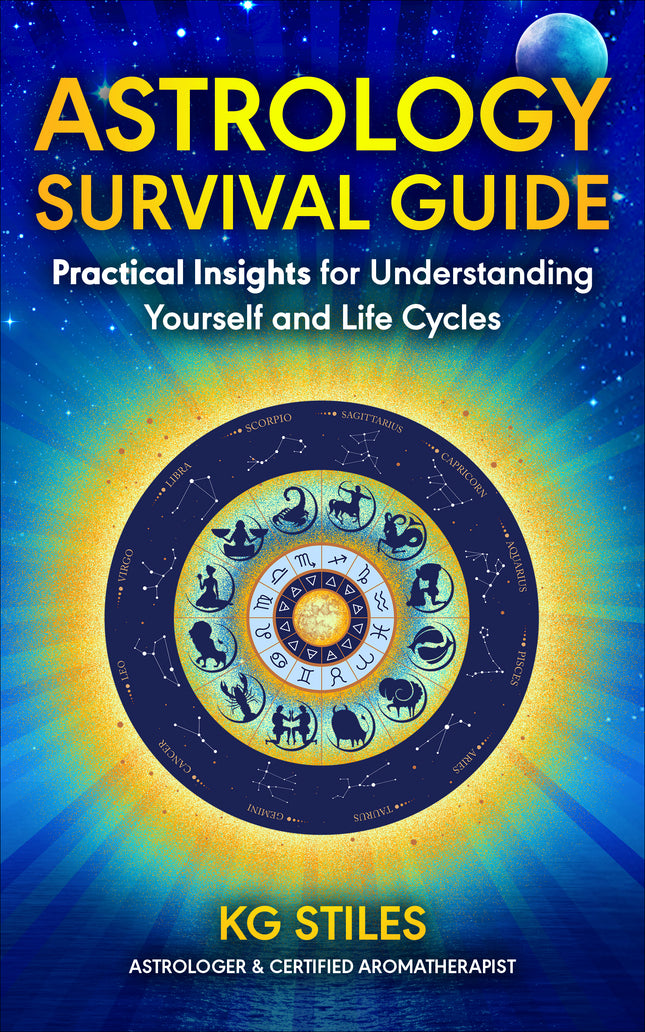 Plant aromatics have been used for thousands of year to enhance one’s prosperity consciousness for wealth attraction
Plant aromatics have been used for thousands of year to enhance one’s prosperity consciousness for wealth attraction
Prosperity oils work on all four levels of being: physical, emotional, mental and spiritual.
Their application either alone or in a synergy blend amplifies your electro-magnetic energy field and aligns you with the ‘sattva’ higher frequency energies of prosperity consciousness for wealth attraction. Many prosperity oils are considered “holy” oils and used traditionally in sacred healing rituals, as well as ceremonial rites of passage, purification and wealth attraction.
Prosperity oils are mood enhancers and aphrodisiacs which promote good feelings and an aura of attraction. As you know when you feel good, good things seem to naturally come your way.
Many prosperity oils are spice oils known for their strong curative properties. Throughout history, health has been considered the most valuable commodity one could have.
10 Traditional Wealth Attraction Oils
1. Sandalwood (Santalum Album)
A known aphrodisiac sandalwood oil is used extensively in Indian temples, as well as in churches around the world in religious ceremonies for worshiping the divine.
2. Myrrh (Commiphora Myrrha)
Traditionally myrrh oil has been used for enhancing spiritual and emotional well-being. It is an excellent aid to the healthy functioning of the limbic (emotional center) of your brain.
3. Spikenard (Nardostachys Jatamansi)
A valued oil since ancient times spikenard has often been used in anointing rituals and religious ceremonies. It was the foot balm Mary Magdalene used to anoint her master’s feet in the New Testament of the Bible.
4. Frankincense (Boswellia Frereana)
One of the ‘Holy’ oils from ancient times when it was considered more valuable than gold frankincense oil has a powerful and enticing wood aroma that sweetly sparkles with freshness and a hint of spice.
5. Galbanum (Ferula Galbaniflua)
Traditionally galbanum has been used for making incense and is mentioned in the Book of Exodus 30:34 for this purpose. The ancient Egyptians highly favored galbanum as a holy plant aromatic and the reputed “green” incense of ancient Egypt is thought to be galbanum.
6. Sweet Orange (Citrus Sinensis)
Mentioned in Chinese literature in 314 BC oranges make a wonderful nerve tonic. A happy oil with the scent of sweet oranges promotes relief of physical and emotional tension.
Caution: May cause photosensitivity. Avoid exposure to direct sunlight after skin application for up to 12 hours.
7. Ginger (Zingiber Officinale)
In the first century AD, ginger was exported to Europe via India as part of the lucrative spice trade. Ginger was used extensively by the Romans.
8. Patchouli (Pogostemon Cablin)
Originating in southeast Asia patchouli has been used for thousands of years. The early European traders were reported to have exchanged one pound of patchouli for a pound of gold.
9. Cinnamon Leaf (Cinnamomum Zeylanicum)
It has a long tradition of use, having been produced in Sri Lanka for more than 2,000 years. Historically cinnamon oil was used in the Middle East and Orient for combating viruses and infectious disease.
Caution: Cinnamon leaf oil is suitable for skin application in weak dilutions of less than 1%.
10. Clove (Eugenia Caryophyllata)
Clove bud oil shares similar antiseptic and anti-microbial qualities as cinnamon leaf oil. Use clove oil to help restore the loss of your inner drive and motivation.
Caution: Clove oil is known to irritate the skin and mucous membranes and generally not for use in skin except in extremely weak dilutions of less than 1%. Please respect the power inherent in clove oil and use with extreme care.
Find out more about using essential oils for prosperity (and more), along with recipes to try in my newest award-winning book available on Amazon, The Essential Oils Complete Reference Guide: Over 250 Recipes for Natural Wholesome Aromatherapy.
Read more articles in the Prosperity Series:
- What's Your Prosperity Consciousness? Abundance Self Test Essential Oils to Use
- Prosperity Essential Oils for Wealth Attraction
- Essential Oils for Prosperity and Abundance
- Aromas for Lovers and Love Making - The Attraction Oils
- How to Increase Your Sex Appeal? Aphrodisiac Super Oils.
Caution: Please keep oils away from eyes and do not apply oil directly on any open sores as this can cause sensitization to essential oils.




What a wonderful and informative post. I love how you’ve highlighted traditional wealth attraction oils and their powerful properties. The detailed descriptions of each oil make it easy to incorporate them into daily life. Thank you for sharing such valuable knowledge.
Leave a comment